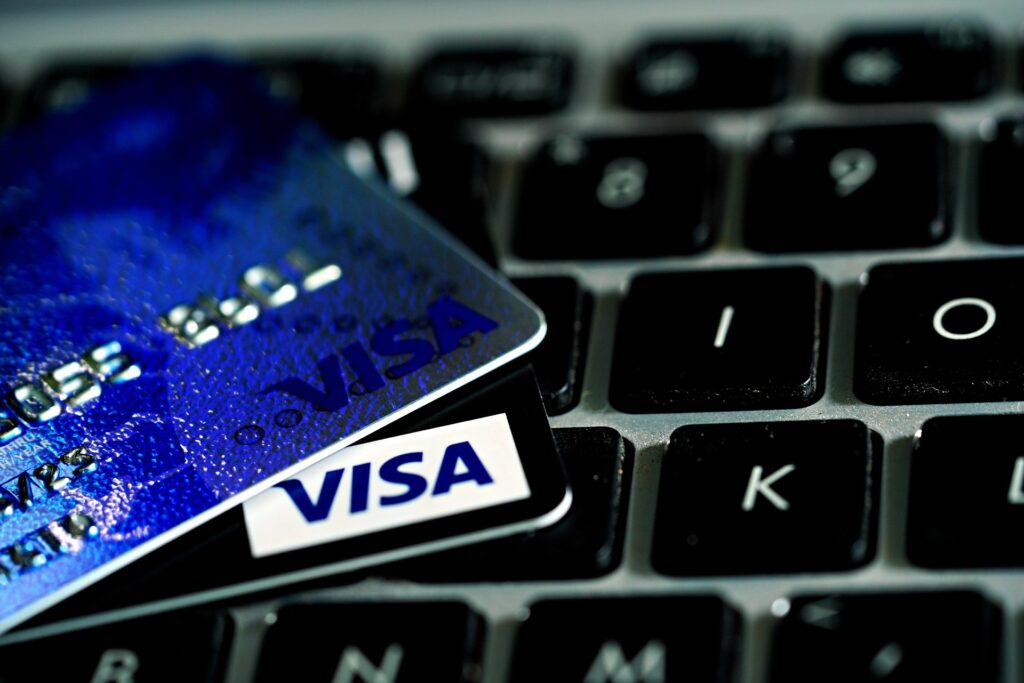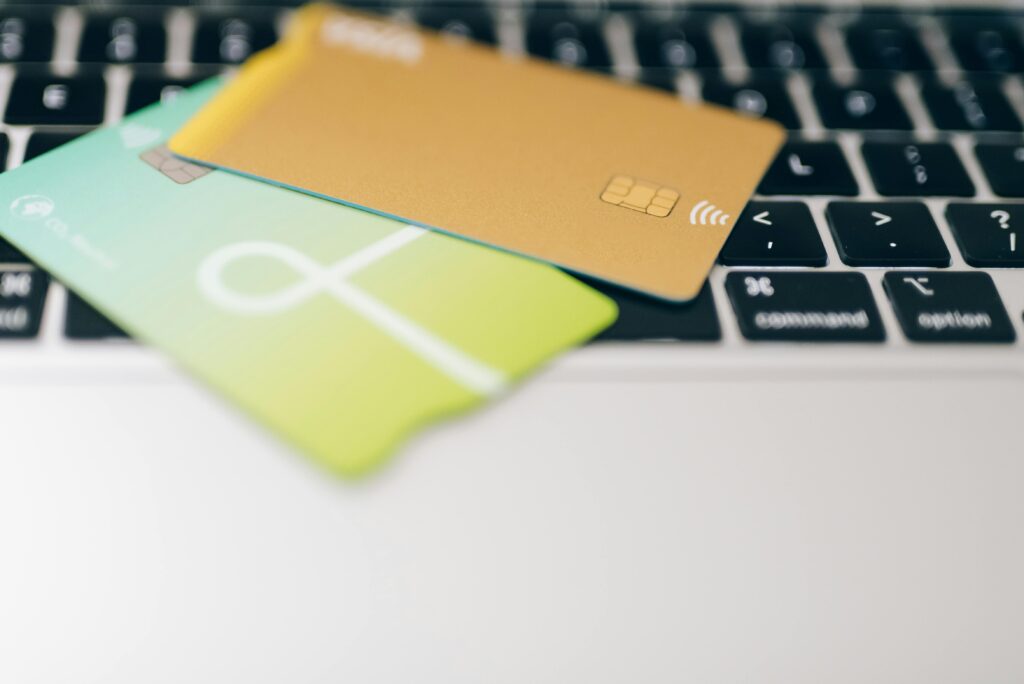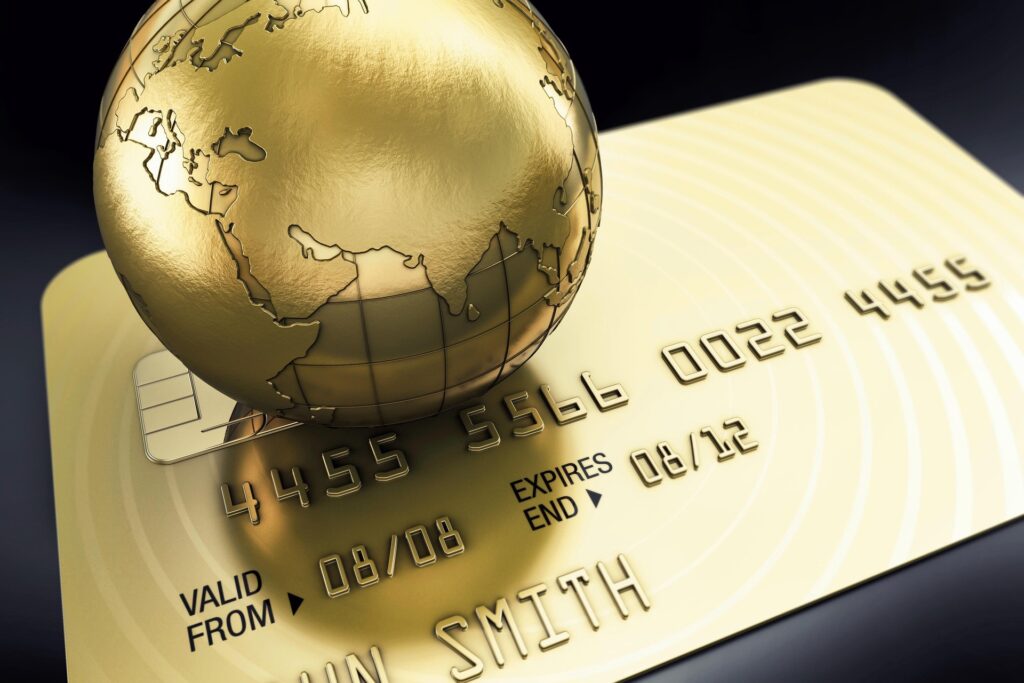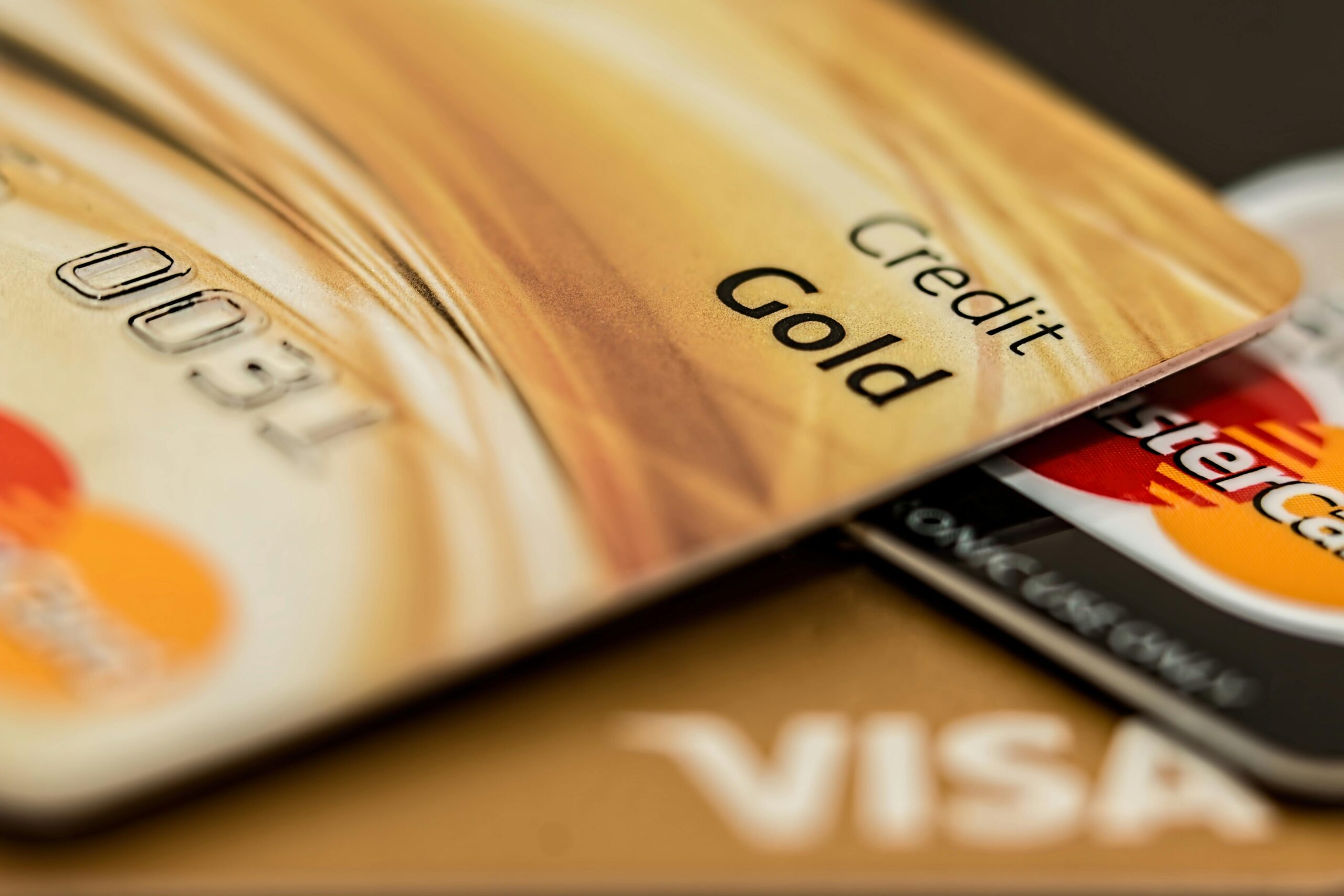When most people think about credit cards, they usually focus on the obvious stuff – rewards, interest rates, or building credit scores. However, I recently realized something that completely changed how I view these plastic rectangles in my wallet. Credit cards are basically time machines for your money.
The Time Machine Theory
Think about it this way: when you swipe your card today, you’re essentially borrowing money from your future self. Moreover, if you use them smartly, you’re actually giving your present self access to opportunities that your future self will thank you for. On the other hand, if you misuse them, you’re stealing from your future self’s financial freedom.
This perspective shift is huge because it makes every purchase decision feel more real and personal. Instead of thinking “the credit card company is paying for this,” you start thinking “my future self is paying for this.” Furthermore, this mindset naturally leads to better spending choices.

The Present Self vs Future Self Battle
Here’s where it gets interesting. Your present self and future self often want different things. For instance, your present self wants that expensive coffee every morning, while your future self wants to retire comfortably. Additionally, your present self sees a great deal on something you don’t really need, but your future self would rather have that money invested.
Credit cards make this battle more intense because they remove the immediate pain of spending. Nevertheless, when you start viewing each purchase as a conversation between these two versions of yourself, spending becomes more thoughtful. As a result, you naturally start asking better questions like “Will my future self appreciate this purchase?”
The Smart Way to Use Your Time Machine
So how do you use this time machine responsibly? First, always pay your full balance each month. This way, you’re only borrowing from next month’s self, not from years down the road. Similarly, use credit cards for planned expenses, not impulse purchases.
Another smart strategy is the “24-hour rule.” Basically, when you want to buy something non-essential, wait 24 hours before purchasing. Often, you’ll realize you don’t actually need it. Meanwhile, if you still want it after waiting, at least you’ve made a more conscious choice.
Also, consider using different cards for different purposes. For example, use one card only for groceries and gas, and another for online purchases. This approach helps you track spending categories more easily. Plus, it can help you maximize rewards in specific areas.
Building Your Financial Future
The beautiful thing about credit cards is that they can actually help your future self if used correctly. When you pay on time consistently, you’re building a credit history that will help you get better rates on mortgages, car loans, and other important purchases later.
Furthermore, many cards offer rewards that can add real value over time. However, remember that rewards should be a bonus, not the main reason for using credit. Instead, focus on building good habits first, then enjoy the perks that come along.

The Psychology Behind Smart Spending
Understanding the psychology of credit card use is crucial. Research shows that people spend about 12-18% more when using cards compared to cash. Therefore, being aware of this tendency is the first step to controlling it. Moreover, credit cards often act as a financial mirror, reflecting our spending habits and financial discipline back at us.
One trick that works well is to assign a specific purpose to each credit card purchase. Before you buy something, ask yourself “What specific value will this add to my life?” Consequently, you’ll find yourself making more intentional choices.
Additionally, try to visualize your future self when making larger purchases. Will the 65-year-old version of you be glad you bought that gadget, or would they prefer you had invested that money instead?
Learning from Mistakes
Everyone makes credit card mistakes. The key is learning from them quickly. If you find yourself carrying a balance, don’t panic. Instead, create a plan to pay it off as soon as possible. Meanwhile, figure out what led to the debt so you can avoid repeating the pattern.
Many people get into trouble because they use credit cards to maintain a lifestyle they can’t actually afford. However, this is like stealing from your future self’s quality of life. On the contrary, using credit cards to smooth out temporary cash flow issues while staying within your means can be perfectly healthy.
The Emergency Fund Connection
Credit cards shouldn’t replace an emergency fund, but they can work together with one. Ideally, you want both. An emergency fund covers you for job loss or major unexpected expenses. Meanwhile, credit cards can handle smaller emergencies or help you avoid touching your emergency fund for minor issues.
Nevertheless, if you do use credit for emergencies, treat paying it off as a top priority. Otherwise, today’s emergency becomes tomorrow’s ongoing financial stress.

Looking Forward
As you think about your relationship with credit cards, remember that they’re tools. Like any tool, they can help you build something great or cause damage, depending on how you use them. The time machine perspective helps because it connects your daily choices to your long-term goals.
Moving forward, try to check in with your future self before making credit card purchases. Ask yourself honest questions about whether each purchase aligns with where you want to be financially. As a result, you’ll probably find yourself making choices that serve both your present and future selves better.
Credit cards don’t have to be scary or dangerous. Instead, when you understand them as a bridge between your present and future financial selves, they become powerful tools for building the life you want. The key is remembering that every swipe is a choice about what kind of future you’re creating for yourself.
Additional Resources
For more information about responsible credit card use, check out these helpful resources:
- Federal Trade Commission’s credit card guidance
- Consumer Financial Protection Bureau credit card resources
- National Foundation for Credit Counseling
Remember, the goal isn’t to avoid credit cards entirely, but rather to use them in a way that helps both your present and future self thrive.




